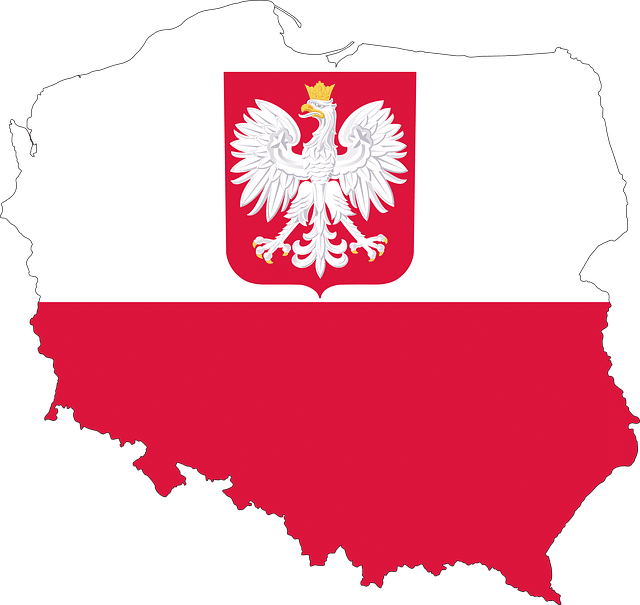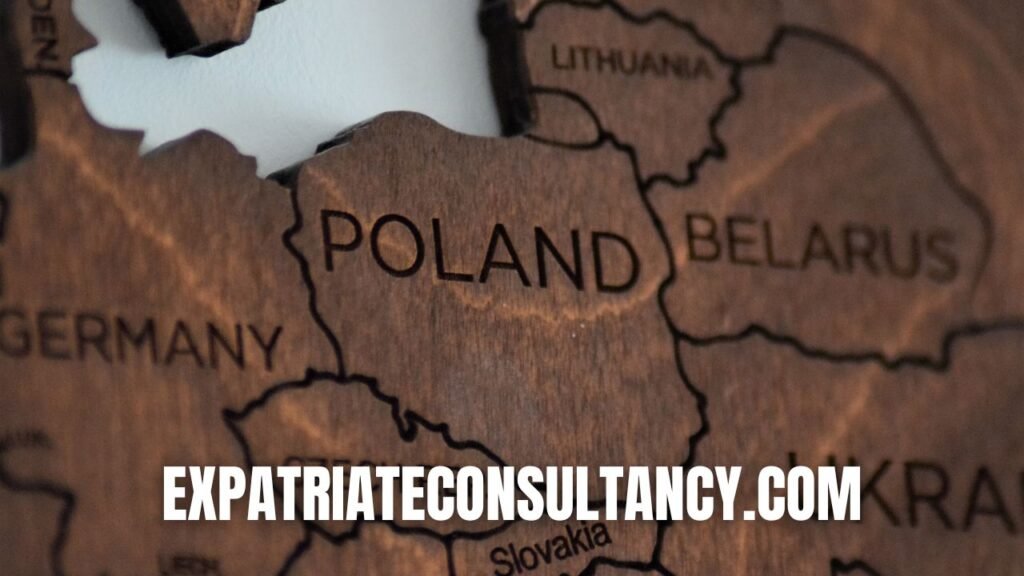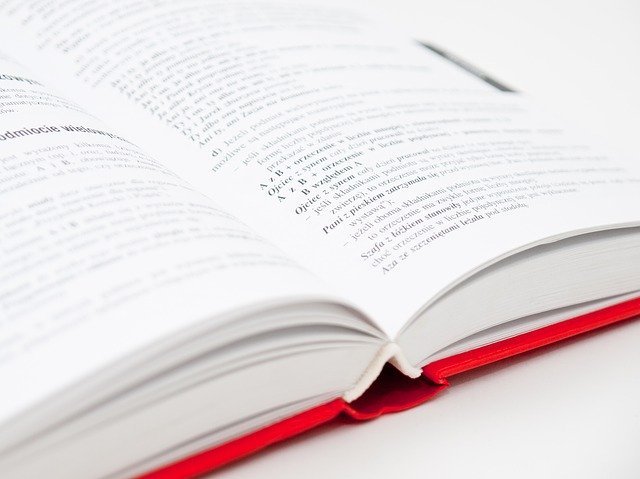Karta Polaka / Polish Card – How to get citizenship of Poland?
How to get citizenship of Poland via Karta Polaka (Polish Card)
This is the first part of a series where we will discuss the paths to Polish citizenship and the Karta Polaka. If you already decided to move to Poland, take a look at our article about living in Poland & the cost of living in Warsaw.
Yes, Poland, the same country whose economy is expanding so rapidly that it is causing reverse immigration, meaning the return of citizens who left the country years ago.
The Polonia – people of Polish descent living outside Poland – are composed of near 20 million people. It is one of the most widely dispersed diasporas in the world. In some places, like the United Kingdom, the majority are first-generation immigrants that arrived after Poland joined the European Union free-movement zone. In other parts of the world, however, the Polonia presence dates from decades, even centuries ago.
Check also: Helpful Books to Read Before Moving Abroad.
With a resilient economy, in the last twenty-eight years (!!!) Poland experienced non-stop growth and a sharp increase in its quality of life. That improvement raised the interest of Polish descendants worldwide to return to the land of their ancestors.
In a situation like this, the first question asked is:

How to get citizenship of Poland?
You do not always need to be a Polish citizen to move to Poland. If your company is sponsoring your expatriation, if you are coming to pursue a college degree or post-graduation, or even if you are already married to a Pole, you can resort to the temporary (and later, permanent) residence permits, which allow settling in the country. We will write about those possibilities in a future post.
However, citizenship has an almost irrevocable status, which grants extra security that you will not need to leave if a company fires you or if you cannot pay for university.
A piece of good news is that recently Poland made a series of favorable moves to facilitate for descendants of Polonia to immigrate to the country of their ancestors. The boldest happened in July of 2019, with the extension of the Karta Polaka (Polish Card) privileges to polish descendants everywhere (before it was restricted to Polonia living in former Soviet states).
Can I Get Polish Citizenship by Descent?
By confirming your ancestry and meeting the requirements established by the Polish government, you can submit an application to have your Polish citizenship verified. Your personal and ancestry documentation, translated into Polish, must be included with your application. Prior to submitting an application for an EU passport, Poland must record your birth and your birth certificate.
Individuals mostly qualify for Polish citizenship by descent if their parents, grandparents, or great-grandparents were born in Poland. In essence, you need one ancestor who:
- Resided in Poland (or one of its lost territories) after 1920 and was born there.
- Left Poland before 1920, but the Polish, Prussian, Russian, or Austro-Hungarian registrations have the home address of your ancestors.
- Up to the day of your birth, they still held Polish citizenship.
There are many ways to check your polish ancestry for citizenship purposes.
Benefits of Polish citizenship
While the Karta Polaka itself is not the same as Polish citizenship, it opens a path to becoming a citizen. The main benefits of Polish citizenship are:
- Decreased bureaucracy: you can open a business, deal with public administration, register and register your car in one day
- Access to the labor market in Poland and the EU: You can work and receive salaries in Poland, as well as in the rest of the European Union
- Business access to EU: you can live in any member state of the European Union without a visa or work permit.
- Free further education: you can study at any university in Poland (and sometimes abroad) free of charge and receive scholarships for this purpose
- Visa-Free Travel: Polish citizens are eligible for visa-free admission and touristic stays in more than 180 countries throughout the world, such as Canada and the United States.

What is Karta Polaka?
According to the Polish Ministry of Foreign Affairs, it is a document endorsing that you are part of the Polish nation. It benefits people who, for various reasons, are not eligible for Polish citizenship but still fulfill the requirements to be considered a Pole.
What are the conditions for Karta Polaka?
The main conditions are:
- Basic level of Polish language (at least enough to understand the questions of the consular office and answer them) & Polish traditions.
- You must declare, in a written form to the consul, that you are part of the “the Polish Nation” — it is a document signed during the interview.
- The applicant must prove that at least one of your parents or grandparent, or two great-grandparents were Poles or had Polish citizenship. If you cannot prove it, there is an alternative path (more difficult though): you should present confirmation from a Polish diaspora organization indorsing that you have been actively involved in activities within the Polish community of their area for at least the previous three years
Karta Polaka – What are the benefits?
The main benefits of the Polish Card are:
- Apply for National Visas without paying fees;
- Be able to start and run a business with the same conditions as a Polish citizen;
- Possibility of study free of charge and applying for special scholarships;
- Free healthcare in situations of emergency.
- 37% discount on public transport.
- Entrance free of charge to state museums;
- After living in Poland for one year, you can apply for Polish citizenship.
How to apply for Karta Polaka?
To apply for the Polish Card the first step is to find the nearest Polish Consulate and schedule an appointment. In some consulates, the nearest time slot available can be almost a year ahead. If this is your case, try to find other polish diplomatic missions around where you can schedule an appointment sooner.
The appointment you schedule might be already the interview, so be prepared in advance. Put together all the documents and evidence that you fulfill the requirements. Remember to bring a sworn translation (to the Polish language, of course) of all foreign documents, and present it together with the original version. If you are in doubt about how to find a competent translator, contact us.
The Interview

The questions during the Interview depend on the Consul (or whoever represents him) and vary according to location. Still, they obey a common logic. Kristina Volchek, a Belarussian that applied and obtained her Karta Polaka, wrote that she answered questions about the following subjects:
- National Anthem of Poland (telling by heart, not singing);
- Christmas traditions: 12 dishes and why 12 of them, Chrismas songs, the process of sharing a special wafer when exchanging Christmas greetings, and so on;
- The reason I applied for Karta Polaka;
- Public Holidays (dates, history);
- My favorite historical person;
- What are the main three symbols of Poland (National Anthem of Polan, Flag, and Coat of arms of Poland)?
After applying for it, the decision may take a few months. Once you have a positive answer, you receive a code and collect your Polish card (or Karta Polaka).
Conclusion about Karta Polaka
After having your Polish Card, what is the next step for citizenship?
If you have a Karta Polaka, after living in Poland for one year you can acquire citizenship. This is a considerably shorter time than any other path, which can take from 3 to 10 years.
One curiosity: the new rules of Karta Polaka and the faster way to citizenship gave the possibility to residents of Ukraine with polish ancestry to escape the war in Donbas that started a few years ago. As Michał Dworczyk, chairman of the Committee for Connection with Poles Abroad then stated:
They will be treated like Polish citizens, of course with respect to international law. There was no legal basis to evacuate Poles from Donbas, but after the changes in the law [of Karta Polaka], it will be.
In the following weeks, we will publish the second part of our series How to get citizenship of Poland? In the next post, we will clarify other paths to citizenship, like via permanent residency in the Polish territory.
If you already understand the main points about Karta Polaka and how to get citizenship in Poland and plan to move, check this book.

If you enjoyed this article about Karta Polaka, it is worth checking also some of the articles below:
5 Things Insanely Expensive In Poland - How They Affect Our Everyday Cost of Living
4 Polish Habits To Increase Productivity That You Can Adopt Tomorrow
The 5 Best Fiverr Gigs Expatriates Can Offer to Make $ Abroad
Finally, there is one more article you may be interested in, which answers the common question: Do you get Polish citizenship after marriage?
Author: Levi Borba, creator of the channel The Expat, and author of the books Moving Out, Living Abroad and Keeping Your Sanity and Budget Travelers, Digital Nomads & Expats: The Ultimate Guide. You can check some of his articles here.




